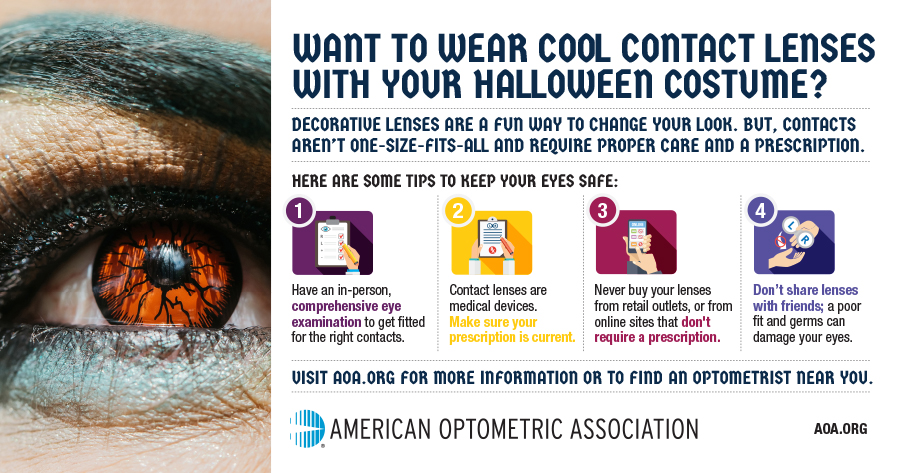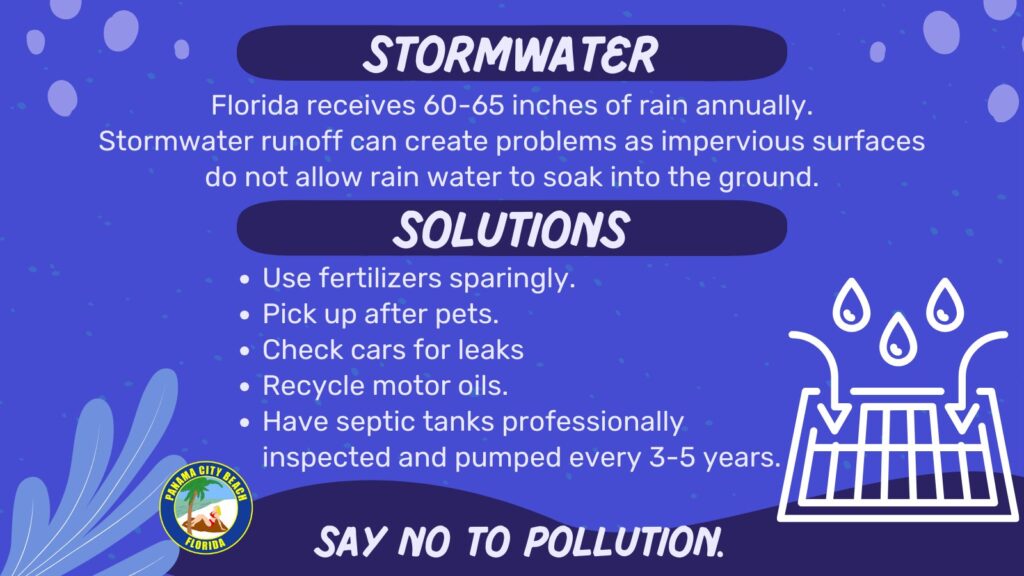Have you ever wondered what would happen if you accidentally put oil in your eyes? Well, we have the answer for you! Putting oil in your eyes can have a range of effects, both positive and negative. In this article, we will discuss the potential outcomes of putting oil in your eyes and how to handle it if it happens.

Credit: www.instagram.com
Potential Negative Effects
- Eye Irritation: Oil in the eyes can cause irritation, redness, and discomfort. The oil can irritate the delicate tissues of the eyes and may lead to inflammation.
- Vision Blurring: Oil can create a blurry vision temporarily, making it difficult to see clearly. This can be a safety concern and affect daily activities.
- Infection Risk: Oil in the eyes provides a breeding ground for bacteria, increasing the risk of eye infections. It is important to remove the oil to prevent any potential infections.
What to Do if Oil Gets in Your Eyes
If you accidentally get oil in your eyes, it is crucial to take immediate action. Here are some steps you can follow:
- Rinse with Water: Flush your eyes with plenty of clean, lukewarm water. This will help wash away the oil and minimize the risk of irritation and infection.
- Gently Pat Dry: After rinsing, gently pat your eyes dry with a clean towel. Avoid rubbing or putting pressure on your eyes to prevent further irritation.
- Seek Medical Attention: If you experience prolonged discomfort, severe irritation, or any changes in your vision, it is advisable to seek medical attention. An eye care professional can examine your eyes and provide appropriate treatment if necessary.
Benefits of Using Certain Oils for Eye Health
While accidentally getting oil in your eyes can be problematic, there are specific oils that can help maintain eye health when used correctly:
- Castor oil: Castor oil has antimicrobial and anti-inflammatory properties, making it safe for your eyes. It can help reduce tear evaporation, alleviate dryness, and improve the overall health of your tear film.
- Coconut oil: Virgin coconut oil is often used to moisturize dry eyes. However, it should be used in moderation as excessive use may cause irritation. If you experience any discomfort, it is best to discontinue use and consult an eye care professional.

Credit: www.aoa.org
Preventing Eye Burns in the Kitchen
Hot cooking oil and grease can pose a significant hazard in the kitchen, especially to your eyes. To prevent eye burns caused by hot oil, follow these safety tips:
- Wear Protective Eyewear: When working with hot oil or grease, always wear protective eyeglasses or goggles. This will shield your eyes from splashes and potential burns.
- Be Mindful of Splatter: Avoid overcrowding the pan and make sure there is enough space to prevent excessive oil splattering. Keep a safe distance while cooking.
- Handle with Care: Always handle hot pans and containers with caution to minimize the risk of spills and splatters.
Conclusion
Putting oil in your eyes can lead to various negative effects such as irritation, vision blurring, and increased infection risk. If oil accidentally enters your eyes, rinse them with water and seek medical help if needed. However, specific oils like castor oil and coconut oil can have benefits for eye health when used appropriately. To protect your eyes in the kitchen, wear protective eyewear and handle hot oil with care. Stay safe and take proper precautions to maintain your eye health!
Read More:


